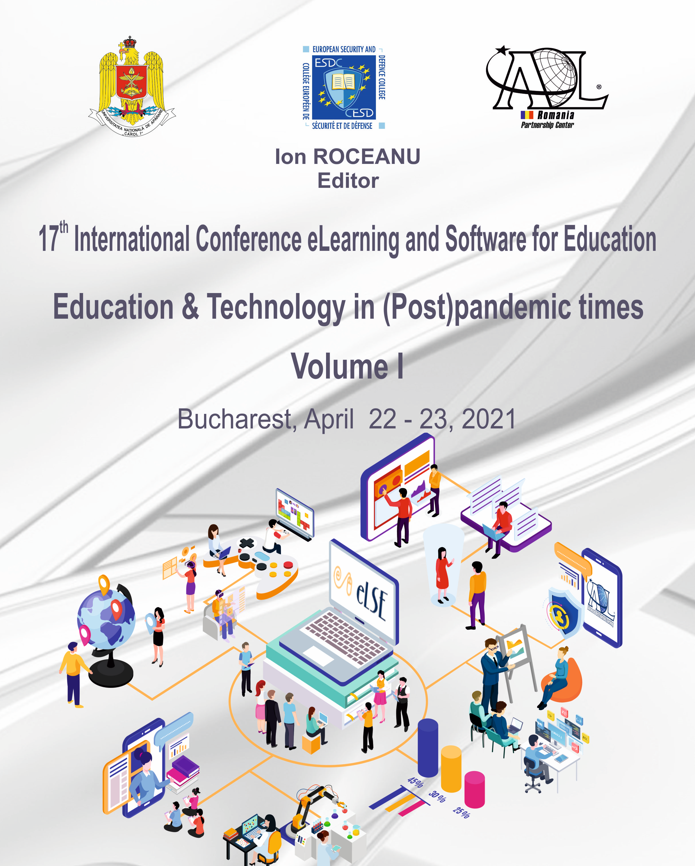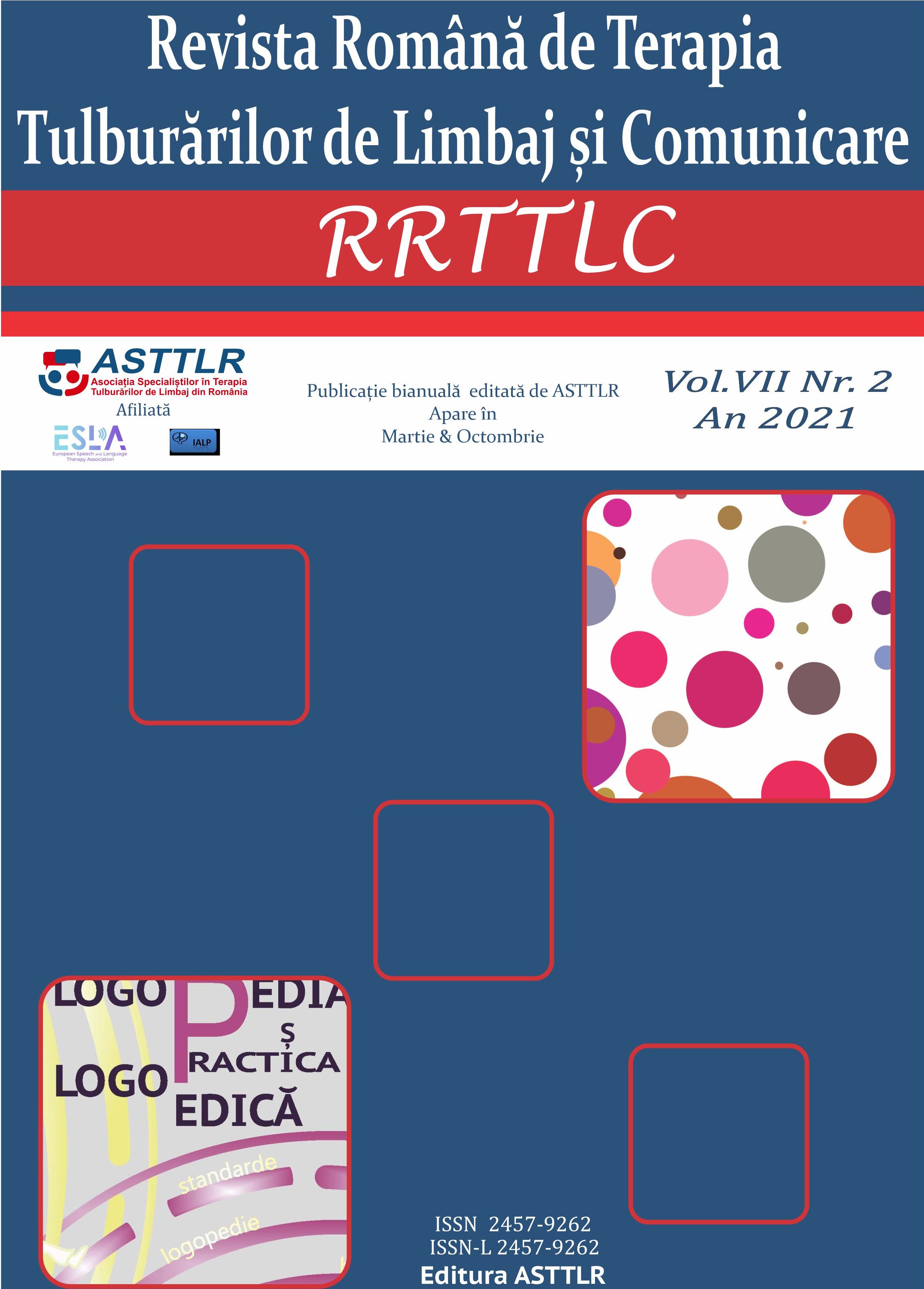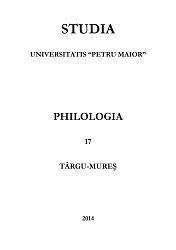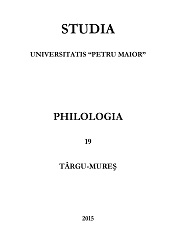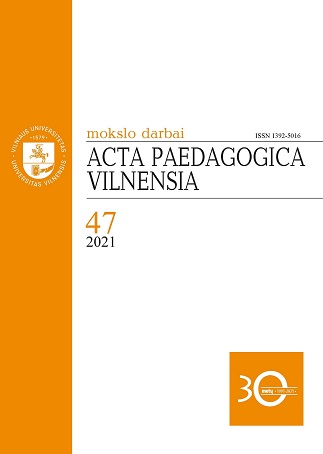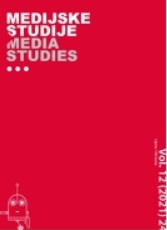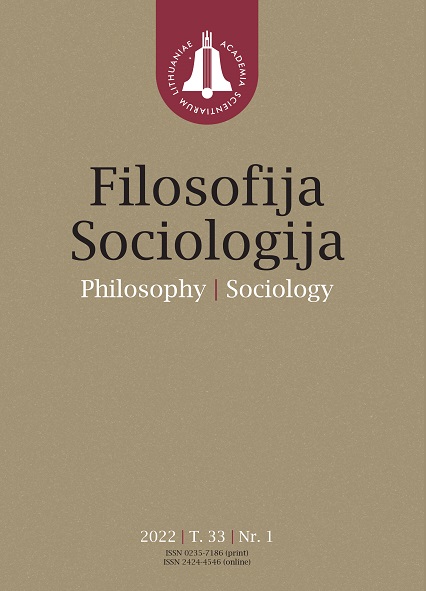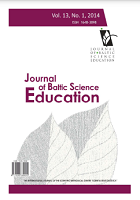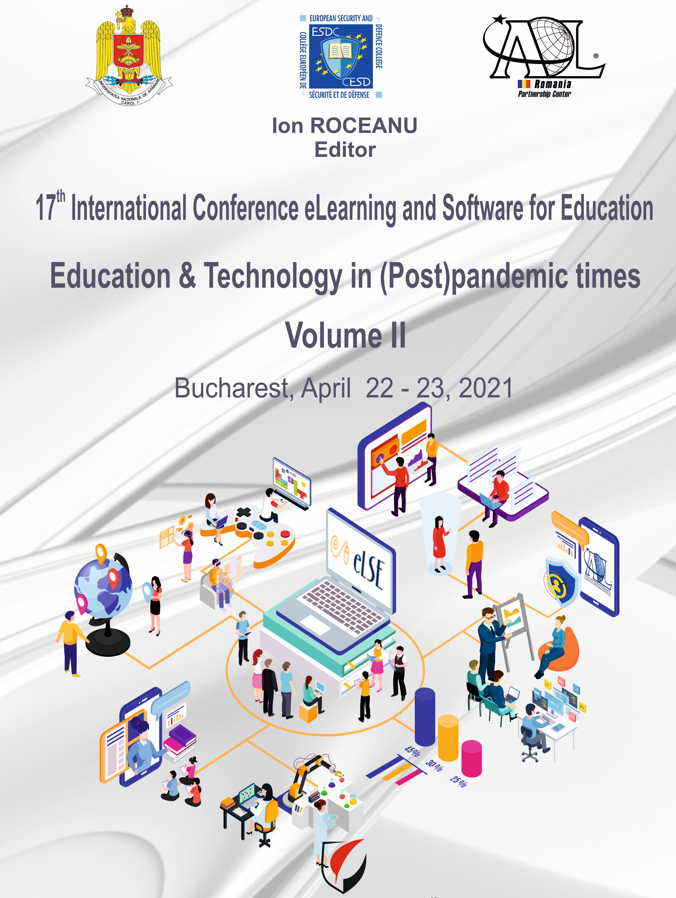
TECHNOLOGY IMPACT ON STUDENT'S GENDER AND AGE FOR REAL-TIME
The evaluation of the student's demographic features towards the institution's technology is challenging. The detailed statistical analysis may lead to a focus on selected human ecology in the institution. The present paper evaluated the technology's impact on students' demographic features (age and gender). The present study was conducted with both differential and inferential analysis using statistical parametric and non-parametric tests. We collected 331 primary samples from two country universities and, considering assumptions (data normality, homogeneity of variance, data independence), each test applied carefully. The evaluation was performed in software IBM SPSS Statistic 25. A self-structure instrument in Google-Form has been designed with focused four major technology parameters as Development, Usability, Benefit, and Attitude. The reliability of the used instrument was tested with Cronbach alpha. The authors applied inferential analysis to explore students' age and gender with technology parameters using the Student T-test, Kruskal-Wallis H test, Mann-Whitney test. The reliability of samples was tested with the Cronbach's Alpha test and found acceptable for the examination. The research results may help the university administration understand technology awareness among students based on gender and age. We recommend our proposed significant statistical models to be deployed online on the university website to automate impact estimation to overcome traditional measurement. The paper results are useful to the university administration and technical support department to know the current situations about technology access. The specific group of students may emphasize who found lagged in technology awareness.
More...
